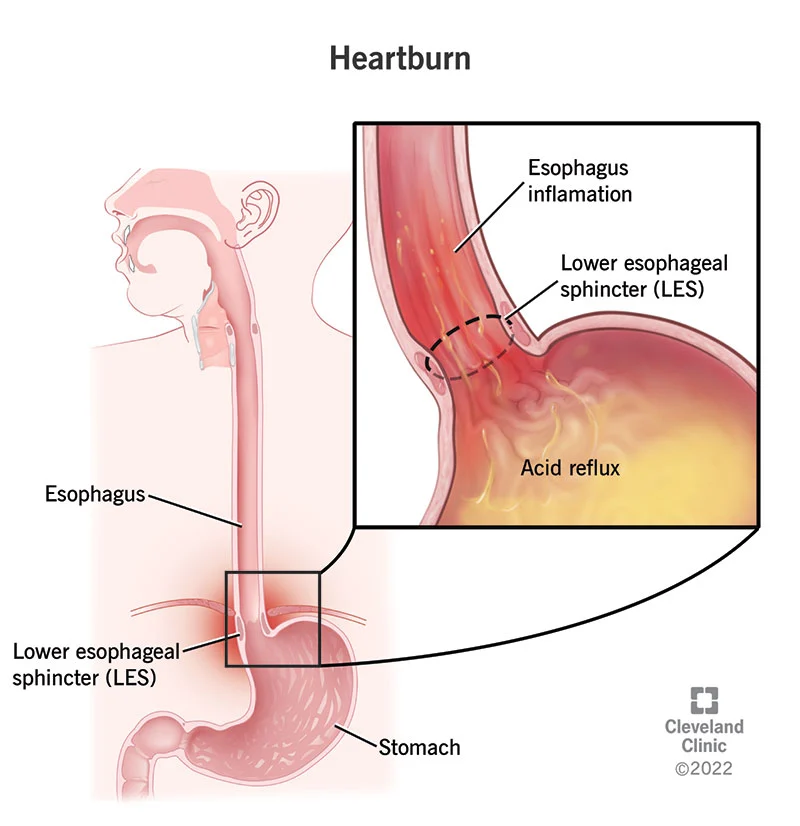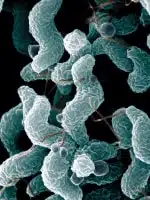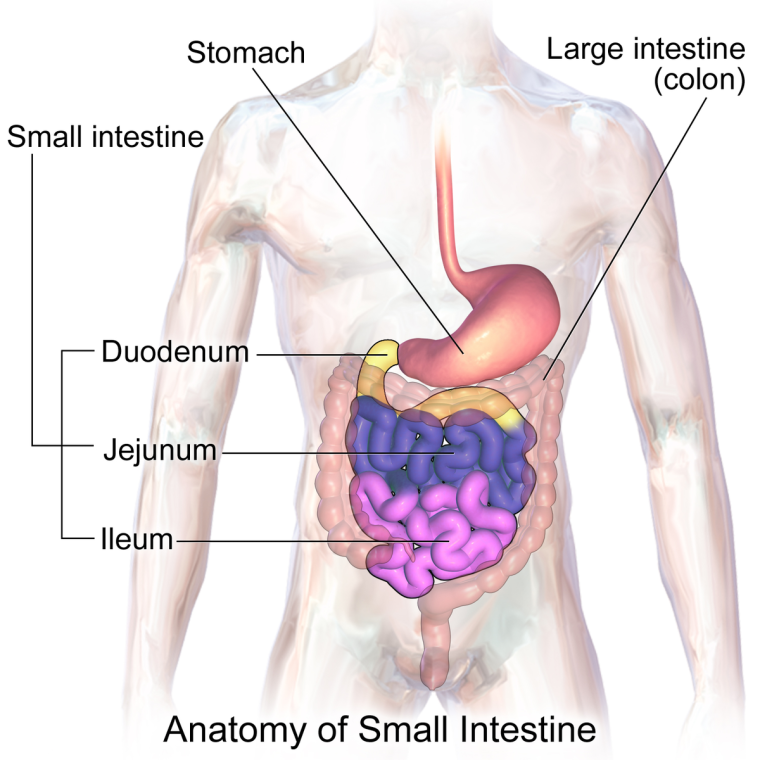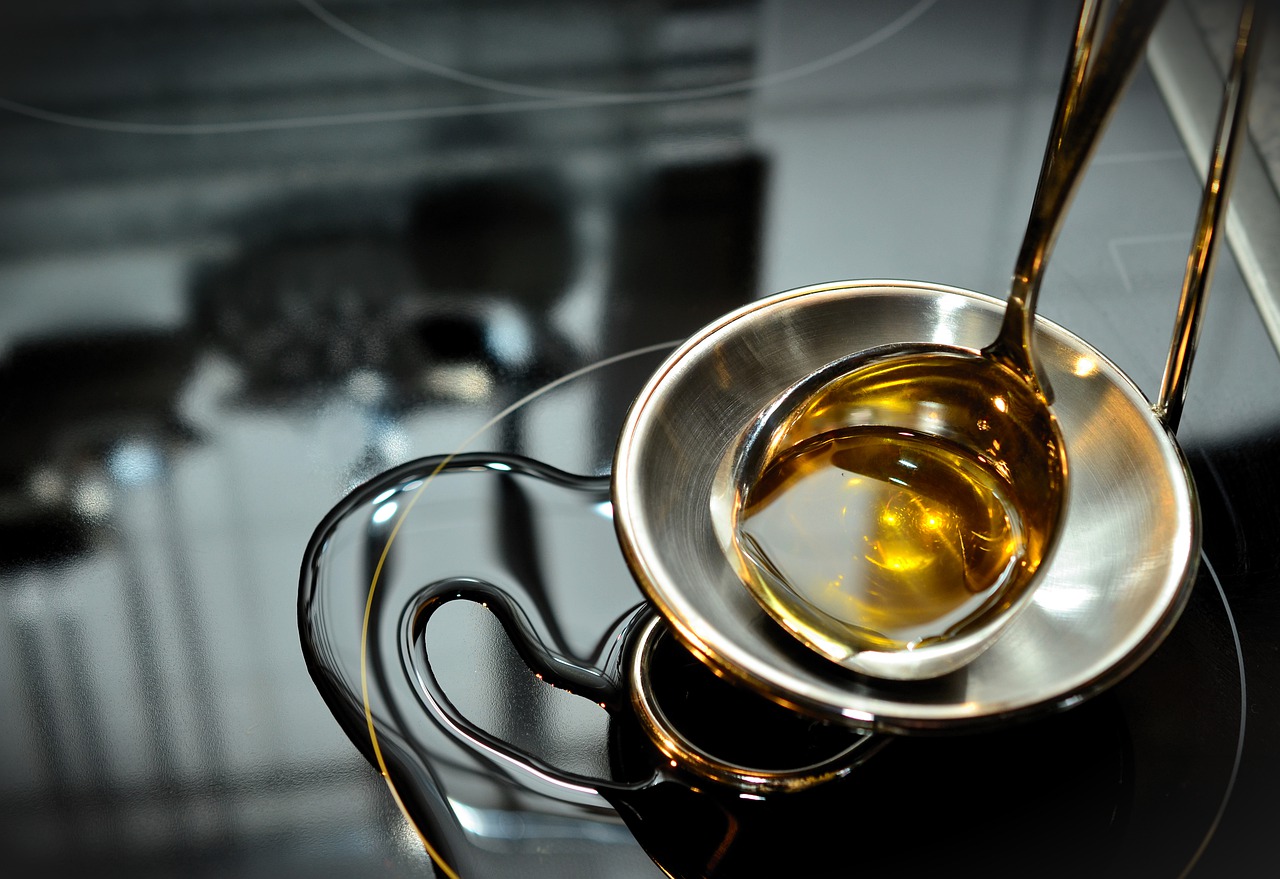Do you suffer from indigestion, acid reflux or heartburn – sometimes called GERD or GORD? You are not alone! This condition is incredibly common, and often poorly understood. (FOR OUR PAGE ON THE GUT-BRAIN CONNECTION, CLICK HERE)
WHAT CAUSES ACID REFLUX?
The normal stomach juices are very acidic. This is important for proper digestion of your food and to help kill unwanted bacteria that come into the stomach.
One cause of reflux occurs because of incompetence of the valve that separates the food pipe (oesophagus) from the stomach. This is more common during pregnancy and obesity (due to the pressure of the abdominal contents) and in smokers due to weakening of the sphincter.
It is also more common in people with hiatus hernia and in those with Irritable Bowel Syndrome (IBS). In fact, around 2 out of 3 people with IBS also have GERD, or reflux.
An infection in the stomach with a bacteria called H.pylori has also been associated with burping and reflux (this is because H.pylori produce hydrogen gas).
However, a much more common, and under-recognised cause, is an overgrowth of bacteria in the small intestine (SIBO). SIBO can begin after a course of antibiotics, or after getting food poisoning or a tummy bug (gastro) such as campylobacter.


Acid reflux or GORD is more likely to occur in people who have upper SIBO – that is, an overgrowth of bacteria in the first part of the small intestine. Normally, this area has very low amounts of bacteria. In SIBO there is an excess of ofteg normal/commensal bacteria, which are known to do two key things:
- They feed on carbohydrate foods.
- They make gases.
These gases take up a lot of space (30 g of undigested carbohydrates can result in 10 litres of gas in the intestine) causing discomfort and – as gas goes up – burping. Sometimes the “burp” takes a bit of acid with it and you experience this as reflux, or one or more of the associated symptoms.
HOW DO I KNOW IF I HAVE ACID REFLUX?
Acid reflux is commonly experienced as pain in the middle of the chest area or upper abdomen, an acid taste in the mouth, feeling nauseated, hoarse voice and indigestion. Less common symptoms include bad breath, constant sore throat, chronic cough – especially in the night, and pain when swallowing something hot.
HOW DO I KNOW IF MY ACID REFLUX IS CAUSED BY SIBO?
SIBO is able to be diagnosed by a hydrogen-methane breath test following a series of sugar challenges. The gases produced by bacteria are absorbed into the blood stream and get exhaled on the breath.
The test can be done either in our clinic or in the comfort of your own home. Each test requires a one-day preparation diet (read more here) and collection of breath samples before and after taking a special sugar drink. The samples are then analysed using industry gold-standard equipment (Quintron) and a report is generated. The results are discussed in the context of a professional consultation.
WHAT MAKES ACID REFLUX WORSE?
Acid reflux is aggravated by a range of foods, for example: sweets, garlic & onions, fried or fatty foods, some fruits and spicy foods. When SIBO is the underlying cause, foods such as beans (e.g. kidney beans), bread and cabbage are common triggers.
Sometimes a person might not be able to pinpoint the food or foods due to the additive effect of the carbohydrates in the diet. Some people might notice they don’t tolerate some foods at all (such as dairy products)– this is usually a sign that malabsorption is also a factor. Almost all people with upper SIBO will report poor tolerance of prebiotics (such as inulin) or probiotics that have added prebiotics or “FOS”, as these are formulated to feed the bacteria. This can make your problem worse!
HOW IS ACID REFLUX TREATED?
The usual medical treatment for acid reflux is antacids or a class of drug called proton-pump inhibitors (such as Omeprazole). While these might alleviate the symptoms, these drugs are not recommended for long-term management, as they reduce stomach acid. This can interfere with digestion and gut immunity, and ultimately can result in a vitamin B12-deficiency. Even worse, low stomach acid is associated with an increased risk of getting an infection with H.pylori, which will compound your problems.
In some people (especially those with SIBO) they can actually make the symptoms worse, as with low stomach acid, more bacteria find their way to the small intestine.
At House of Health, we endeavour to address the underlying cause of your acid reflux.

WHAT SHOULD I DO NEXT?
It is important to establish if SIBO is a factor in your Acid Reflux. If it is, then we will support you in several ways:
- We will guide you with limiting your diet to help control your symptoms
- We will teach you modification of the way you select, prepare and eat certain foods
- We can guide and support you with weight loss, if that is a contributing factor
- If a SIBO test is positive, we’ll prescribe an antibacterial regime to address the underlying cause
- We’ll support you with a gut healing regime.
- If a SIBO test is negative, further testing might be recommended to determine if specific sugars are a problem.
- We will coach you on ways to prevent SIBO recurring, and manage balanced nutrition if you are intolerant to specific sugars.











